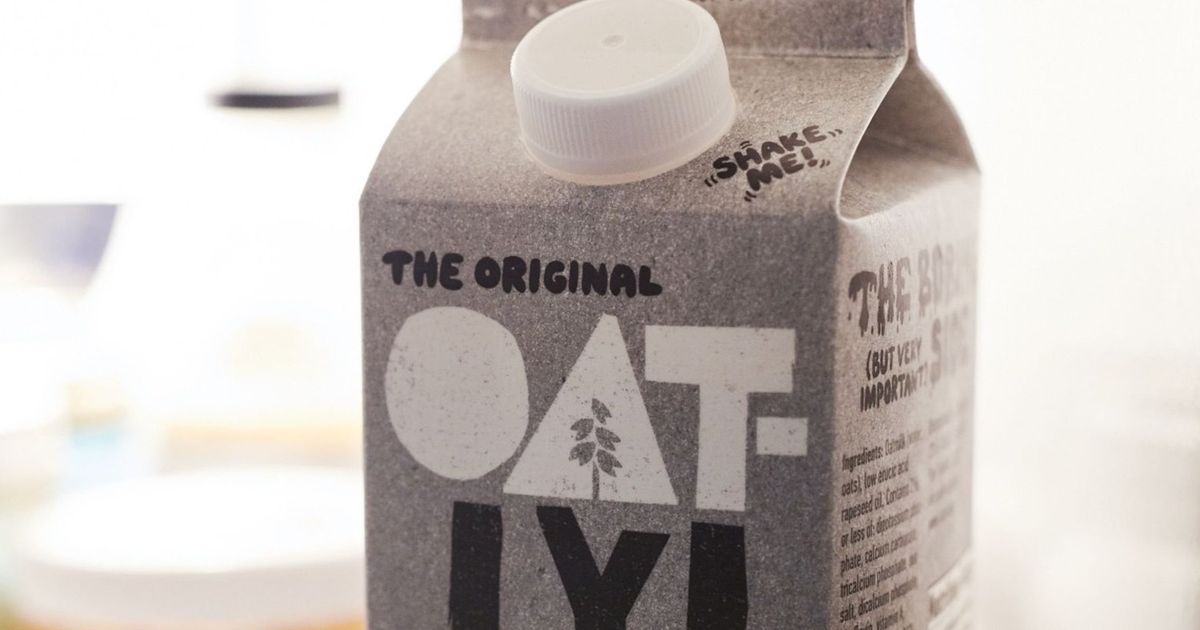on nutrition
Plant-based milk alternatives, also known as non-dairy “milks,” are everywhere. Should you swap them for the cow’s milk in your shopping cart or in your morning latte? It depends. Some people choose milk alternatives because they don’t eat animal foods or because they have a milk allergy or are intolerant to lactose, the natural sugar in milk. However, others opt for non-dairy options because they believe they are healthier than cow’s milk. That is not necessarily true.
The six most popular plant-based milks are almond, oat, soy, coconut, pea, and rice. They’re made by soaking the main ingredient, then squeezing and straining the liquid, and they don’t necessarily contain the same nutrients as cow’s milk, which is naturally rich in protein, calcium, potassium, and B vitamins. Whole milk naturally contains vitamin A, a essential fat-soluble vitamin, while low-fat and skim milks are often fortified with vitamin A. Most brands of cow’s milk are also fortified with vitamin D, which is difficult to obtain naturally from food.
Many plant-based milks are fortified to mimic the nutritional profile of cow’s milk, but many are not, lacking the essential nutrients necessary for them to have a nutritionally balanced exchange with cow’s milk. Also, sweetened versions of any milk, dairy or non-dairy, contain added sugar. Most people who consume non-dairy milk also consume dairyBut if you can’t, or don’t want to, eat dairy at all but want the nutrition of cow’s milk, soy milk may be your best alternative. When fortified with calcium and vitamins A and D, it is the only non-dairy milk comparable to cow’s milk in terms of nutrients.
If you’re not a fan of soy milk either, read the nutrition facts panel on your milk of choice to make sure you’re getting calcium and other essential nutrients, or be aware of those nutrients from other foods. Here are some other best non-dairy bets for specific needs:
- If you’re prioritizing protein: Pea milk (made from yellow peas) or soy milk are your best bets, with protein levels comparable to cow’s milk’s 8 grams per cup. Oat milk has about 3 grams per cup, while almond, coconut, and rice milks have 1 gram or less per cup.
- If you’re avoiding saturated fat: Low-fat and fat-free versions of cow’s milk contain little saturated fat, as do almond, oat, pea, soy, and rice milks. Coconut milk beverages, however, have about the same saturated fat content as whole cow’s milk.
- If you want something lower in calories: Maybe you just want a liquid to add to your smoothie that is tastier than water and not juice. Unsweetened almond milk has a nutty flavor and about 37 calories per cup.
- If you want something sustainable: Soybeans grown for soy milk have the lowest water use, while almonds have the highest water use and lowest greenhouse gas emissions. Rice grown for beverages uses less land but uses more water than most non-dairy milks.
Some more food for thought:
- Avoid almond milk if you have a nut allergy, and avoid soy milk if you are allergic to soy.
- A cup of oat milk has 2 grams of fiber per cup, but that’s about half the fiber in a cup of real cooked oatmeal.
- Rice milk has little to offer nutritionally compared to dairy and other non-dairy milks.
- Cow’s milk is a single-ingredient, minimally processed food. Non-dairy milks are processed and almost always contain multiple ingredients.
